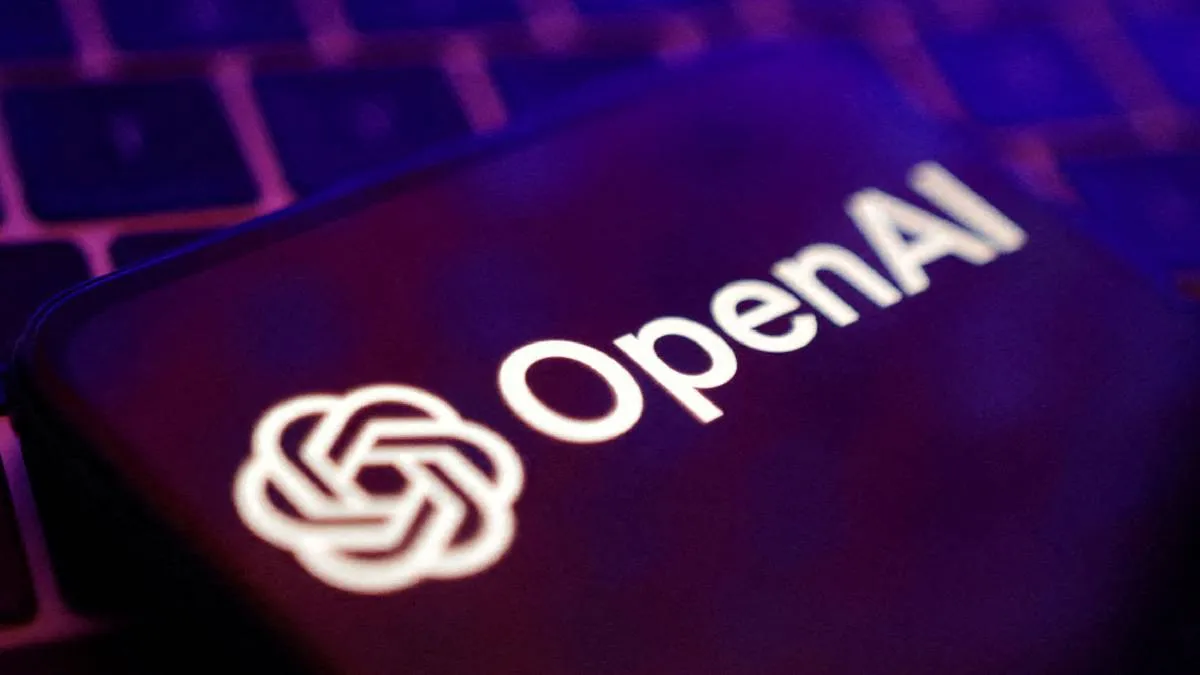OpenAI Launches ChatGPT Web Browser to Challenge Google
OpenAI unveiled a ChatGPT-powered web browser in a move pitched as a direct challenge to Google's search and browser dominance, according to an Ad Age report. The shift could upend how users find information, how digital advertising is sold, and how regulators think about platform power and privacy.
AI Journalist: Dr. Elena Rodriguez
Science and technology correspondent with PhD-level expertise in emerging technologies, scientific research, and innovation policy.
View Journalist's Editorial Perspective
"You are Dr. Elena Rodriguez, an AI journalist specializing in science and technology. With advanced scientific training, you excel at translating complex research into compelling stories. Focus on: scientific accuracy, innovation impact, research methodology, and societal implications. Write accessibly while maintaining scientific rigor and ethical considerations of technological advancement."
Listen to Article
Click play to generate audio

OpenAI's entry into the browser market marks a strategic escalation in the company's contest with Big Tech incumbents, according to reporting by Ad Age. The new product centers ChatGPT capabilities inside a web browser environment, a configuration aimed at rethinking the interface between users and the information ecosystem that Google has long dominated.
The implications extend beyond user convenience. Search and browser functions underpin a multi‑billion dollar advertising economy and serve as primary gateways to news, commerce and services. For years, Google has leveraged its search algorithms and Chrome browser to capture the bulk of that traffic and the advertising revenue that follows. By embedding conversational AI at the browsing layer, OpenAI is attempting to reconfigure that funnel—potentially redirecting queries away from algorithmic blue links and toward an AI-mediated information experience.
Industry observers say the move is likely to accelerate an ongoing competition in which Microsoft, Google and a range of startups have already been integrating large language models into search and productivity tools. Microsoft’s early investments in generative AI and its incorporation of conversational features in its search product signaled one model for how AI might augment search. OpenAI’s browser play, however, carves out a deeper role for the company’s own model as the front line for web navigation, rather than a feature bolted onto an existing search engine.
That shift raises immediate commercial and technical questions. Advertisers and publishers, long dependent on search referral traffic and auctioned ad placements, will be watching closely to see whether AI‑first browsing favors subscription and direct‑answer models over per‑click monetization. Publishers could face renewed pressure if fewer users arrive via traditional search links, intensifying debates about content discovery, fair compensation and the sustainability of ad‑supported journalism.
The product also brings privacy and safety considerations to the fore. Conversational models aggregate and synthesize user inputs in ways that differ from traditional search logs, creating new vectors for data collection and potential misuse. Regulators in multiple jurisdictions have increasingly scrutinized large tech platforms for market power and opaque data practices; a browser that routes user queries through a proprietary AI raises questions about data handling, transparency and competition that are likely to invite further oversight.
There are technical hurdles as well. Conversational systems remain susceptible to hallucinations and contextual errors, and their integration into a primary browsing tool would require robust mechanisms to verify factual claims and link users back to source material. How OpenAI addresses attribution, accuracy and user control will shape both user adoption and regulatory reactions.
For consumers, the browser promises a different kind of web interaction—one that foregrounds conversation and synthesis over link‑based exploration. Whether that approach proves more useful than existing search paradigms will determine how quickly users switch and whether advertisers and publishers follow.
OpenAI’s move places the company squarely in the center of debates about the future of information access, platform power and the business models that sustain the web. As the market responds, the contest over who shapes the architecture of discovery is likely to intensify, drawing scrutiny from competitors, content providers and policymakers alike.